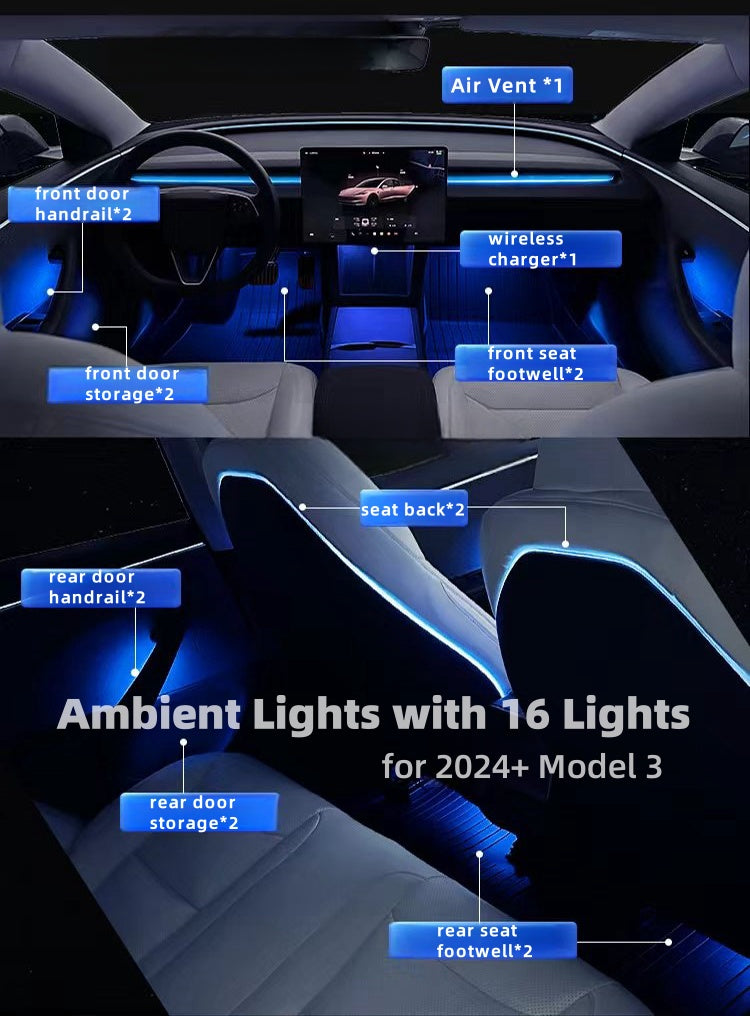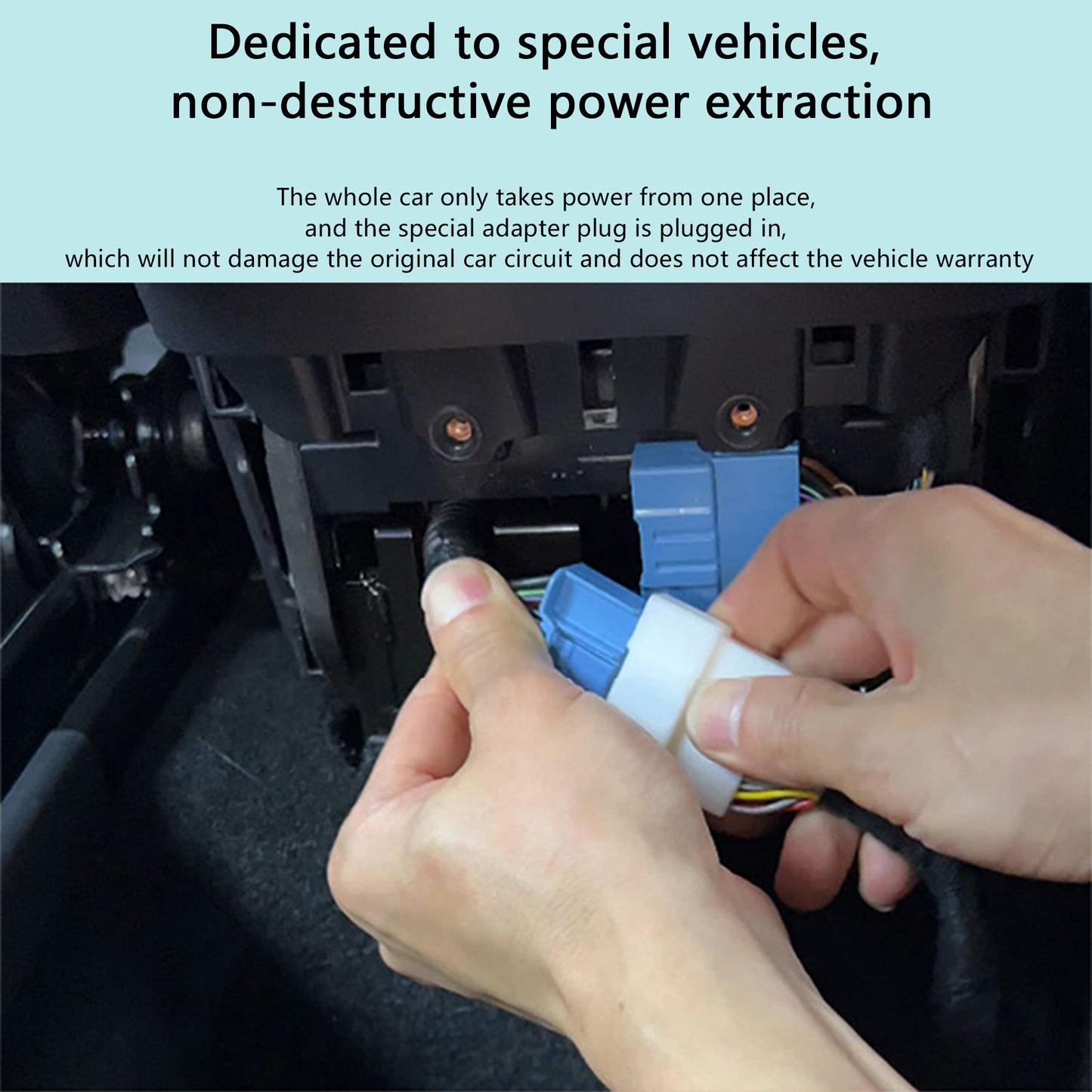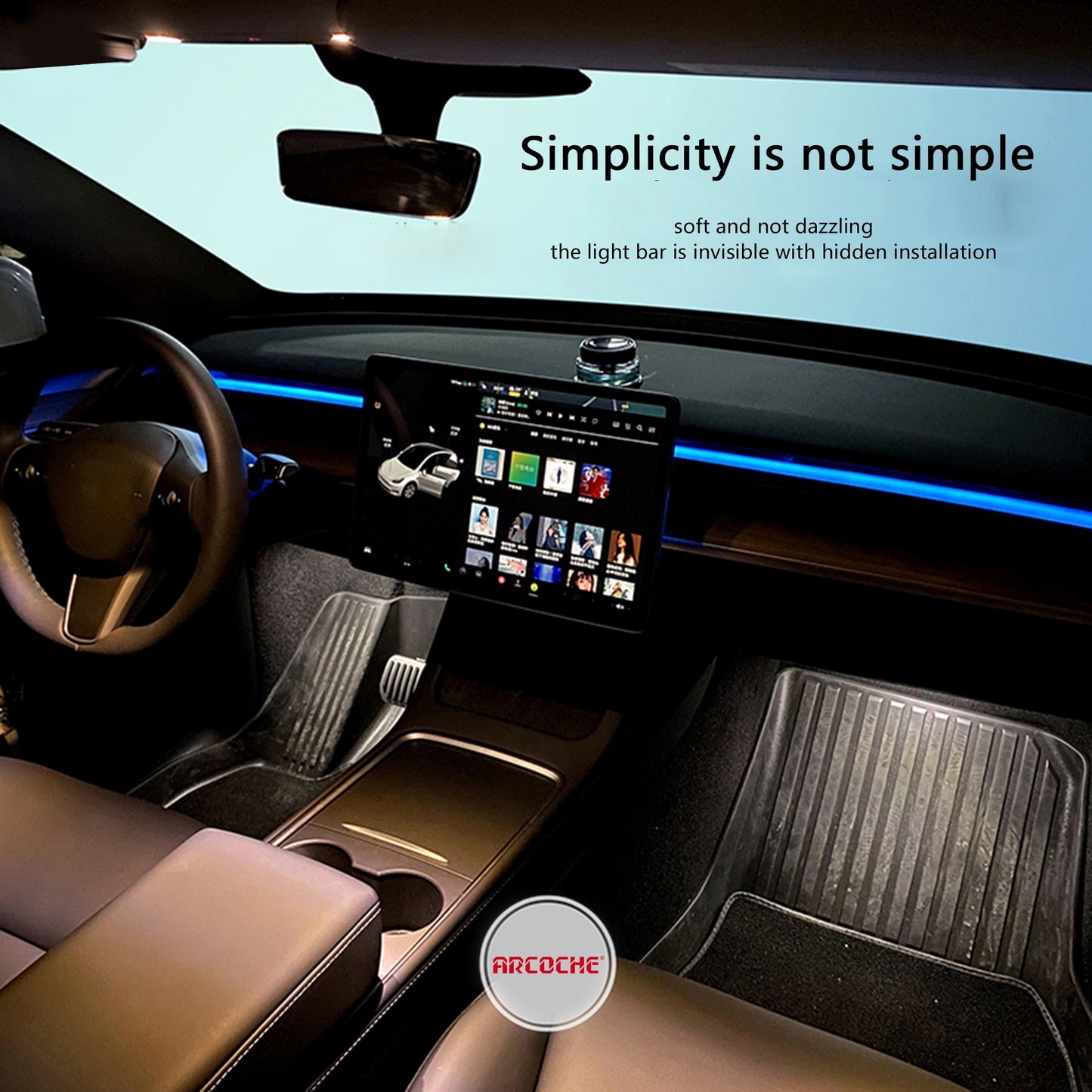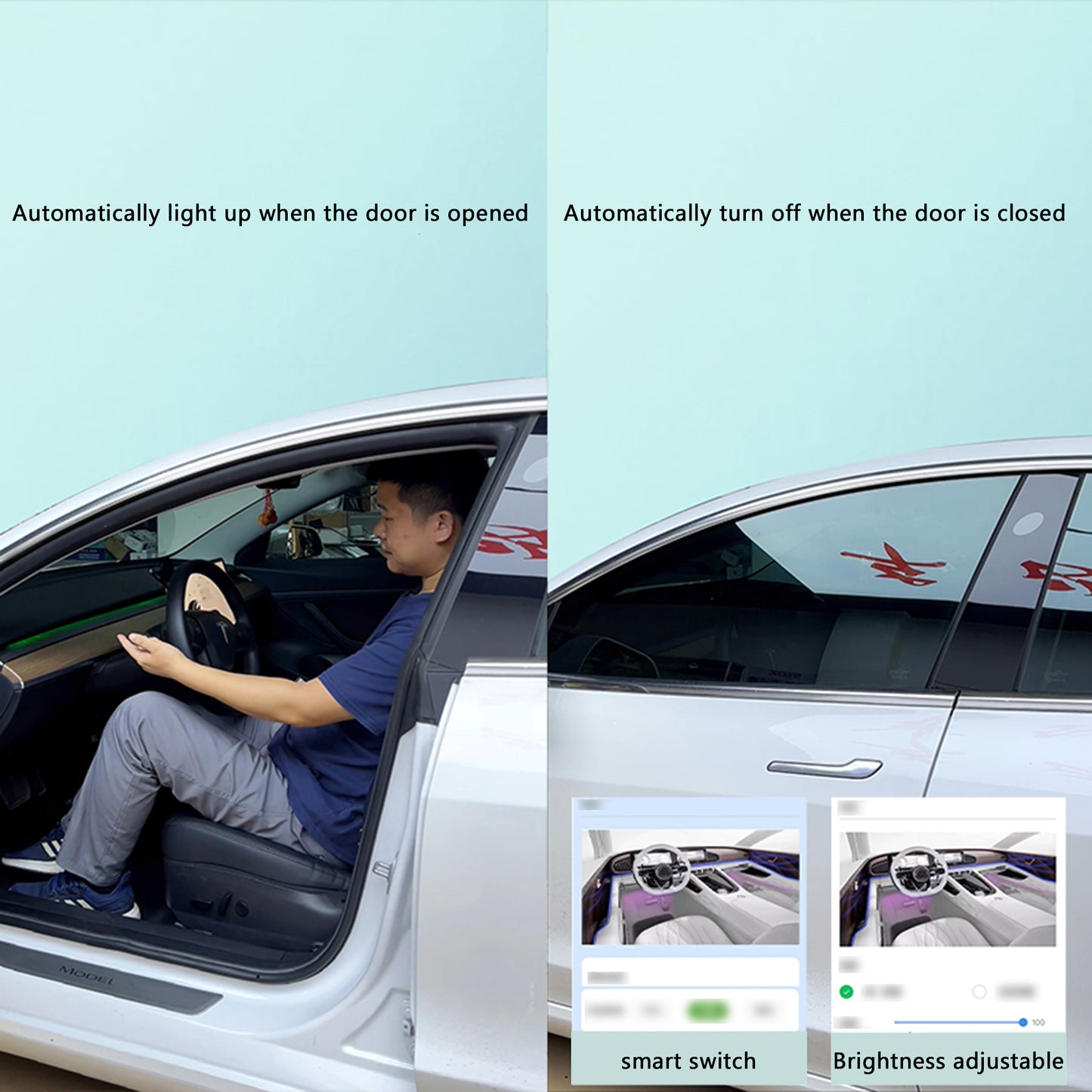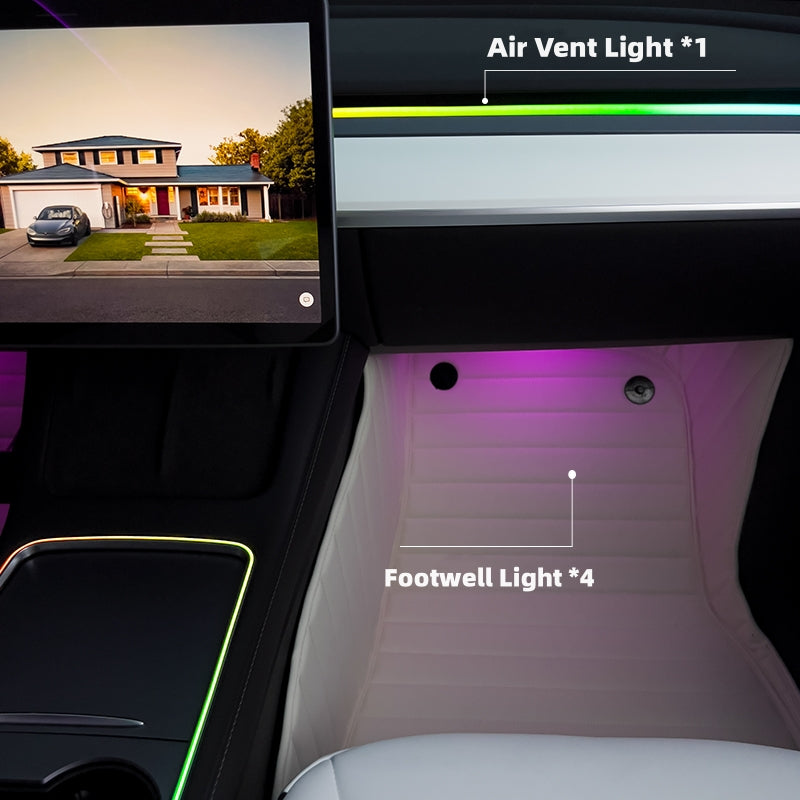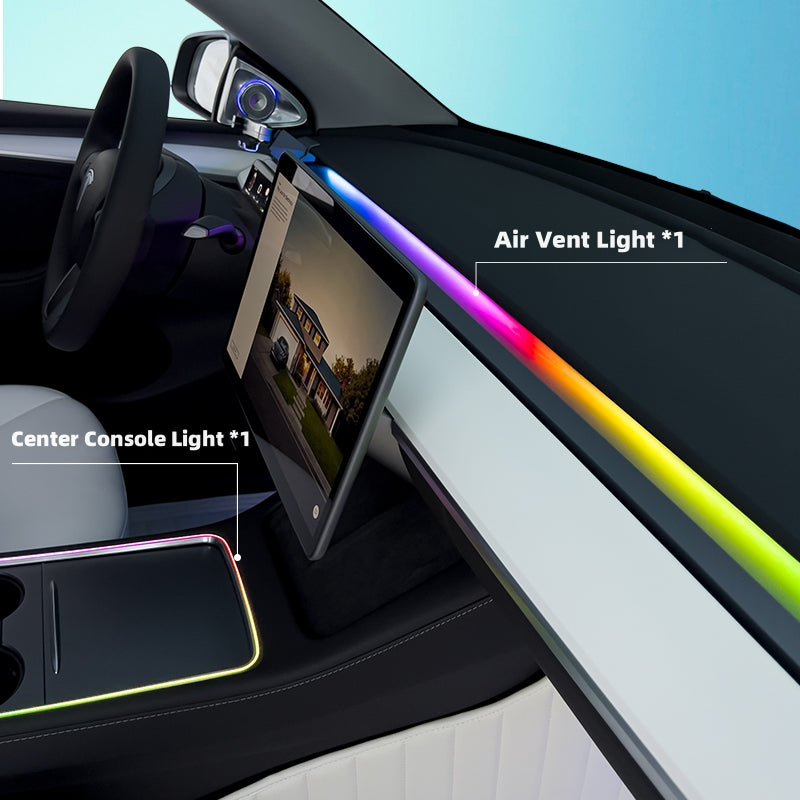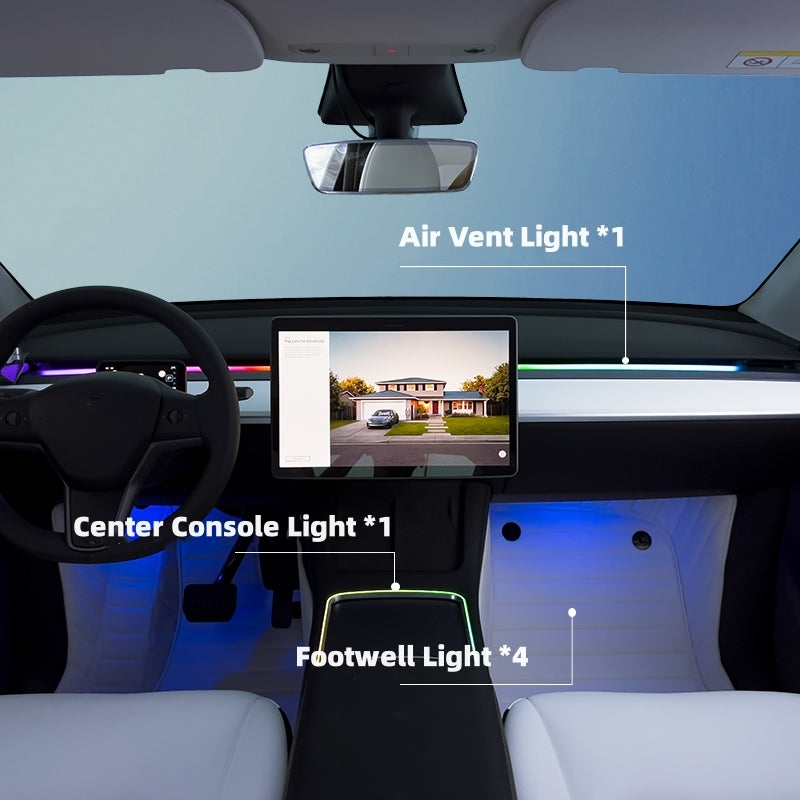
Unveiling Tesla's Q3 Results: Market Realities and Margin Insights
Tesla's Q3 Performance: Facing Realities, Addressing Concerns, and Finding Bright Spots
Tesla's Q3 results were hardly surprising. Similar to the Model X precedent, the highly anticipated Cybertruck is taking longer than initially projected to reach production. During Wednesday's Tesla Investor Relations (IR) call, this was one of several topics that left shareholders unsettled, as they were unaccustomed to such dual reporting setbacks. Since Q2 2019, Tesla has not fallen short on both earnings and revenue.
- Q3 2023 Earnings: 66 cents per share (adjusted) vs. an expected 73 cents per share
- Q3 2023 Revenue: $23.35 billion per share vs. an expected $24.1 billion
Were Q3 expectations overly optimistic? Perhaps.
Was the subdued tone during the IR call disconcerting? Undoubtedly.
Could CEO Elon Musk's emphasis on affordability and relatively high interest rates be seen as informative rather than disheartening, visionary rather than pessimistic? Most certainly. However, that's not Mr. Musk's style, so Tesla shareholders are feeling a bit deflated (myself included). But within Tesla's acknowledgment of market realities, there is a glimmer of hope. You can bet on it.
According to Bloomberg, the level of macroeconomic pessimism expressed by Musk and his management team was notable, though not entirely unexpected.
The expectation: Tesla would achieve 50% annual growth for several consecutive years.
The process: The company doubled its number of auto assembly plants.
The reality: In 2022, the company fell short of expectations and won't match that pace again this year. Furthermore, projections for 2024 won't reach that rate.
Several factors contributed to the somber tone of the Q3 IR call:
- Idle time at the factory took its toll.
- Widespread uncertainty prevailed in the macroeconomic environment.
- If interest rates don't decrease, affordability will remain a concern for many potential Tesla buyers.
Certain areas of uncertainty were left without comprehensive explanations from Musk and his team:
- Tesla may be hitting the law of diminishing returns on some of its products.
- Costs per vehicle will decrease in future quarters.
- The timeline for constructing the factory in Mexico is still undetermined.
What were some positive highlights from the call?
- Megapack costs and margins saw improvement.
- A more favorable rate of vehicle cost improvement.
- Tesla completed factory upgrades late in Q3, which should lead to increased production volume.
- Cost reduction efforts are expected to yield positive results.
- The company remains committed to rigorously enhancing the quality and capabilities of its vehicles.
- If interest rates start to decline, Tesla's production volume will pick up speed.
The Elephant in the Room: Lower Pricing Sells More Teslas
During the IR call, Musk demonstrated genuine empathy for the lower-middle-class individuals aspiring to join the Tesla community but facing financial constraints, such as the inability to access incentives like tax credits. He highlighted that a substantial portion of the population is living paycheck to paycheck, often burdened by debt. Musk painted a vivid picture of potential Tesla customers who can't readily allocate $7,500 for an extended period, or even for a shorter span, to take advantage of the tax credit. In some cases, they may not even have that $7,500 available in taxes.
Musk further stressed, "I cannot overstate the importance of affordability... We must find ways to make our products more accessible for people to purchase."
When prompted about the timeline for the next-gen product, Musk promptly replied, "Not at this time." A different response during the IR call could have potentially ignited a surge of excitement among Tesla enthusiasts.
Looking back to May 2023 and Tesla's Investor Day, analysts were buzzing with excitement about Master Plan 3. Many were convinced that the next step for the company would be a budget-friendly Tesla Model C. Such an economical model could have broadened Tesla's appeal, countered mounting competition, and solidified the company's position as the trailblazer in achieving zero emissions.
However, this wasn't the path favored by Tesla's board, led by Musk. Consequently, the focus of the IR call centered primarily on the Cybertruck, Full Self Driving, advertising, robotaxis, radar, and price flexibility.
Regarding the Cybertruck, Musk emphasized the need to "temper expectations." He acknowledged it as a phenomenal product but cautioned that it would take between a year to 18 months before it significantly contributed to positive cash flow.
On the topic of Full Self Driving, Musk provided an overview of the program's progress, highlighting that Tesla vehicles had logged over half a billion miles with FSD beta. This number was rapidly increasing, and a substantial computational infrastructure was in place.
Regarding advertising, Musk acknowledged its importance, but emphasized the need to make cars affordable for the average person. He noted that informing people about a car they couldn't afford didn't serve the greater purpose.
Expressing enthusiasm for progress in autonomy, Musk described self-driving software as "nothing but net," affirming its transformative potential.
Regarding radar technology, Musk clarified that it was an experimental feature in Model S and X, with no current plans to integrate it into Model 3 or Y.
Lastly, Musk stressed the significant impact of pricing on consumer behavior, underscoring the imperative to make cars more accessible. He emphasized the role of interest rates in influencing overall affordability, emphasizing that it ultimately adds to the cost of the car.
Tesla Isn’t Alone in the Automotive Marketplace in Reduced Volume
Tesla isn't alone in grappling with a sluggish EV market. General Motors and Ford have also announced plans to scale back their anticipated EV production. Volkswagen has decreased electric car output at its German plants and scrapped a $2 billion factory project in Wolfsburg. Volta Trucks, a startup in the electric truck industry, failed to progress beyond its initial stages and filed for bankruptcy.
For Tesla at this juncture, the critical task is aligning demand with production capacity. This doesn't indicate immediate expansion. Instead, the primary emphasis will be on enhancing efficiency within current production lines.
“I’m not saying things will be bad,” Musk said. “I’m just saying they might be.”
As for the Q3 Profits, Tesla's Q3 Profits Dwindle Due to Aggressive Price Cuts in Response to Market Conditions
In a bid to stimulate demand, Tesla significantly reduced prices in Q3, resulting in a year-on-year contraction of both profits and gross margin for the electric automaker.
The company reported a 44 percent drop in net profit to $1.9 billion, largely attributable to extensive price cuts across its product line. Despite this, revenue saw a 9 percent increase to $23.35 billion, marking the slowest growth in over three years.
As Tesla strives to achieve a record delivery of 476,000 vehicles in Q4, aiming to meet its ambitious annual target of 1.8 million vehicles, investors and analysts anticipate further price adjustments.
Comparing Q3 figures, Tesla's gross margin slipped to 17.9 percent from last year's 25.1 percent, a period prior to the onset of price reductions. In Q2, the company reported a gross margin of 18.2 percent. Analysts had initially projected Q3 revenue at $24.1 billion, indicating a slight miss.
Tesla's adjusted profit margin, at 17.9 percent, aligned closely with market expectations. Consequently, the company's shares concluded the day down 5 percent at $242.68.
So in the closing statements, Musk acknowledged that his cautious tone was palpable throughout the IR call. He added, "If anyone has any solid insights on this, I'd greatly appreciate it. And I apologize if I'm perhaps more cautious than necessary, but it's possible given my experiences. I have significant PTSD from 2009, and 2017 through 2019 were no walk in the park either. It was an incredibly tough period. The auto industry also experiences cyclical patterns because people tend to hold off on buying a new car during economic uncertainty. Product-based companies thrive in robust economic climates, but face challenges in tougher times."
Leading the way can indeed be isolating. Difficult times demand resilience and foresight, qualities that Musk has consistently exhibited. The economy might prove to be more robust than reports suggest, and political shifts can swiftly alter public sentiment. The Q4 results will serve as a pivotal gauge to determine if Tesla can maintain its dominance in the EV market and its appeal to shareholders.

---------This article is partly excerpted from CNBC.



